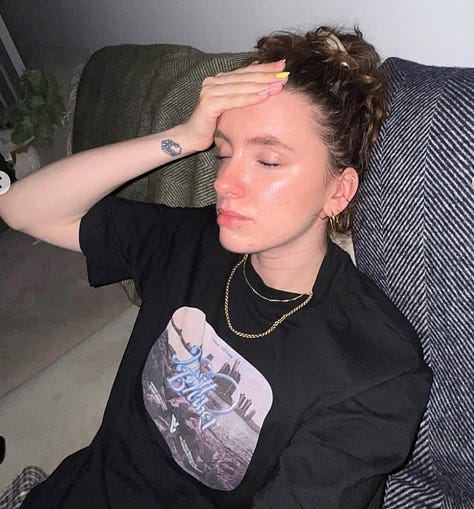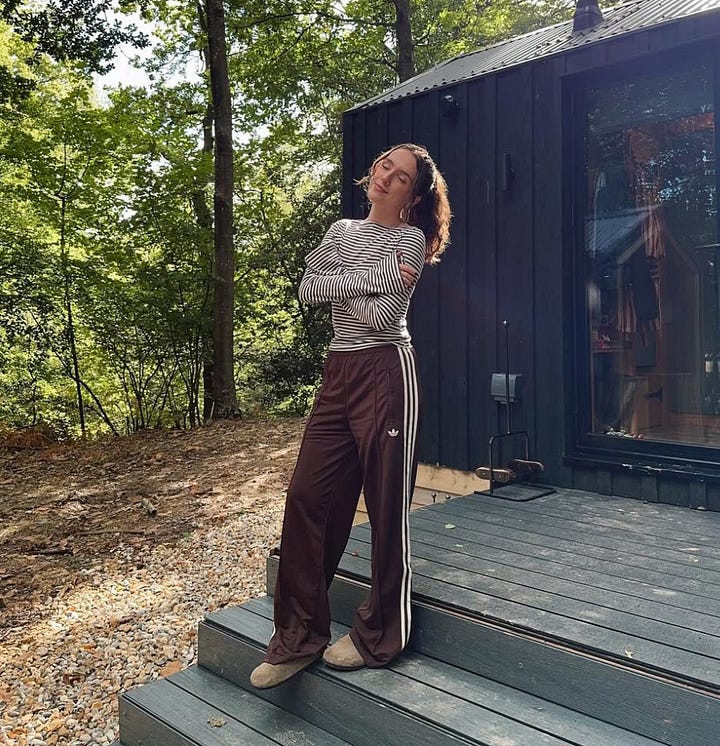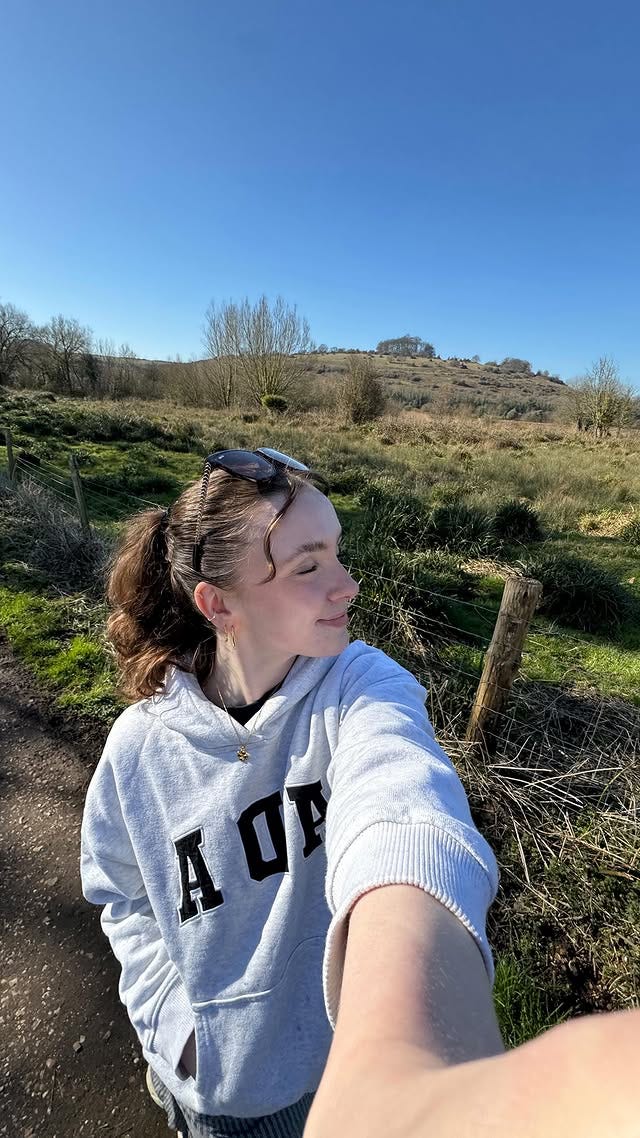I stopped posting for a year - and it changed how I see the internet
Content creator and author Ro Mitchell on navigating the dark side of social media and making peace with the platforms

Ro Mitchell never set out to be an influencer. She first turned to TikTok during her recovery from an eating disorder, using it as a way to track her progress while sharing her experiences with others. “I didn’t have a goal to start with,” she says. “I just wanted to hold myself accountable and I thought maybe this could help other people.”
What began as personal documentation quickly grew into something bigger. “It was quite vulnerable content,” Ro remembers, “but that got overtaken by knowing it was helping people.” Her openness struck a chord, and soon she had built a following across TikTok, Instagram and YouTube – a community drawn to her honesty and willingness to share the less polished sides of recovery.
But the attention wasn’t all supportive. At one point, the unrelenting negativity almost pushed Ro, now 23, offline for good. “I stopped doing TikTok for nearly a year because I was just getting so many unkind comments,” she says. “Every time I opened my comment section, it was just people being horrible to me.”
It wasn’t one type of cruelty. Strangers picked apart her body. Others, Ro says, “deliberately [tried] to trigger me with comments on my body”. Teenagers told her she was “pathetic”.
The sheer volume of negativity chipped away at her motivation. “At that point I left TikTok. I stopped posting for a year.”
The obvious question is: what brought her back? Part of the answer lies in perspective. “I don’t really feel affected by it anymore,” Ro says of unkind comments, with a strong message to trolls. “That’s clearly something you’re struggling with that you’re taking out on me. I was a lot more vulnerable back then, whereas now I know everyone who posts themselves online gets comments from people that are unhappy.”





The other part is remembering why she started in the first place. Ro’s content has always been designed to make her followers feel less alone. “I just want people to come to my account and leave feeling more understood,” she says. “Knowing that whatever they’re feeling doesn’t make them weird or broken or unfixable.”
Her online presence remains deeply personal – something Ro, who grew up in Hampshire, credits for its impact. But it’s also something she’s had to learn to protect. “Just because someone’s messaged me doesn’t mean I have to respond,” she reflects. “I take a lot of responsibility for all my followers, but if I was talking with every single one of them all the time, I would have no time [for myself].”
She’s also conscious of resisting the trap of performative ‘self-improvement’ content that dominates feeds. “That pressure is so real – when so much content is telling you to be 1% better every day,” she says. “Nothing’s linear and you’re not going to necessarily make improvements every single day.”
“Just because I share my life doesn’t mean my life has to be glamorous or some amazing improvement journey.”
Her willingness to share the less polished side of recovery is, ironically, what has made her work resonate. Vulnerability may not be algorithm-friendly, but for Ro it’s essential. “TikTok is a very casual platform,” she says. “I quite like that you can go on and be just chilling, and people aren’t going to mind.”
Ro knows first-hand how damaging curated, edited realities can be, especially for young women. If she could change one thing about social media, she says, it would be mandatory transparency about editing: “Even people just blurring a spot on their face can make people think, ‘other people don’t have spots’.”
Related articles
There’s a clear through line to Ro’s approach – an insistence on honesty, not because it’s trendy, but because it’s how she survived the darkest moments of her own recovery. That rawness is what first drew her followers in, and it’s what convinced her to return to TikTok after her year away.
And while she’s wary of claiming a perfect balance, Ro has made peace with the push and pull of online life. “There’s no right way to do life,” she says. “Everyone has a different timeline and what’s right for other people might not be right for you.”
That, ultimately, is the message at the heart of her work. By sharing her own setbacks as openly as her progress, Ro has built a corner of the internet where people can feel less alone. And for someone who almost gave up on social media altogether, that feels like reason enough to stay.
Describing her TikTok as ‘your virtual safe space’, Ro Mitchell has built a following for her gentle, honest take on recovery and self-worth. Beyond her videos, she brings the same message of self-compassion to her book, How To Talk To Yourself.





